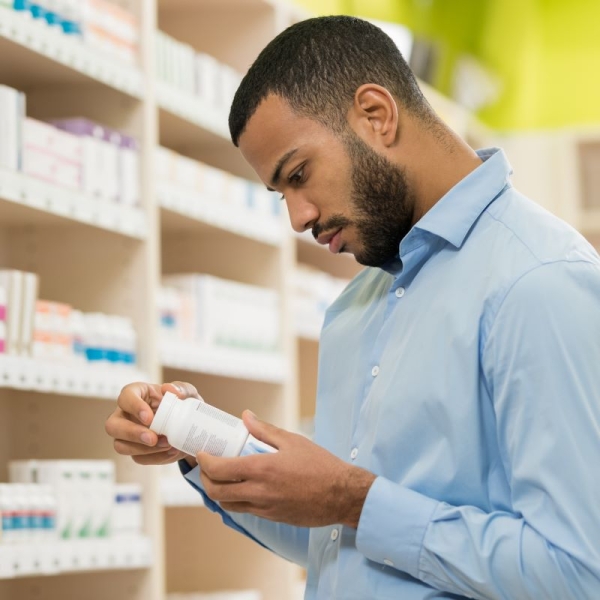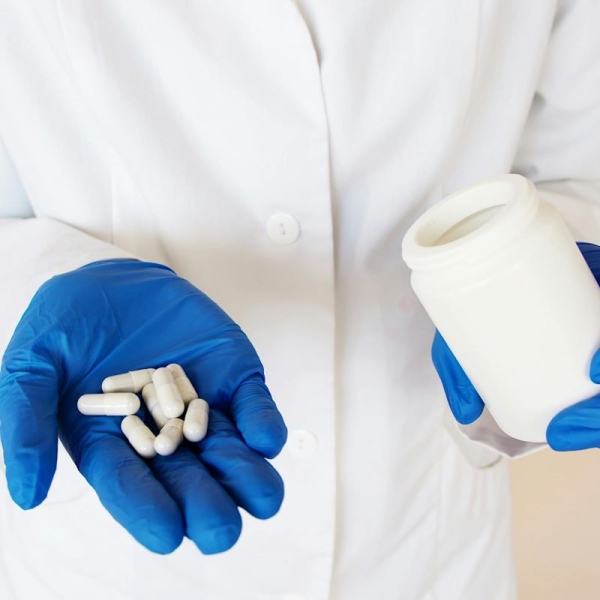16 Aug 2024 — Over two-thirds of vitamin K2 supplements purchased in the US on a major e-commerce platform “fail to meet label claims due to low quality or purity,” according to research by Balchem and natural product testing laboratory Alkemist Labs. The companies caution that these quality issues compromise consumer well-being, diminish trust and harm the credibility of the supplement industry.
Balchem contracted Alkemist Labs to test 38 vitamin K2 products in several formats and formulations. Of these samples, 71% fell short of the established quality benchmarks regarding K2 content in MK-7 (menaquinone-7) or isomeric purity.
“We aim to increase awareness about the unique specifications of vitamin K2, emphasizing the necessity for the correct isomer, known as all-trans MK-7, as well as the importance of microencapsulation and proper protection in the presence of specific compounds such as minerals,” comments Dominik Mattern, VP of science, business development and marketing at Balchem Human Nutrition and Health.
According to Balchem and Alkemist Labs, the problems identified originate at the ingredient level. A large share of vitamin K2 products don’t meet their label claims due to excessive cis isomer content, which is not as biologically effective as all-trans MK-7 vitamin K2. This results in products with low isomeric purity.
Research supports several health benefits of the vitamin, such as bone health and heart and cardiovascular health benefits.
Transparency goals
Aiming to promote transparency in the market, Balchem actively addresses the importance of accuracy, proof and detailed ingredient information, shedding light on the reality behind vitamin K2 label claims.
Mattern highlights: “This journey toward transparency started in 2018, when we tested for assay and purity of vitamin K2 products in Germany, and the results were shocking. To address this, we contacted manufacturers to inform them of our findings and explore co-development opportunities to enable them to enhance their offering by incorporating all-trans MK-7 and meet label claims.”
“As a result, numerous solutions available on one of the leading e-commerce platforms in Germany now feature the all-trans mark, assuring consumers of best-in-class K2,” he reveals.

Balchem and Alkemist Labs warn that the quality gap exposes consumers to the risk of buying ineffective solutions.The research also identified that some multivitamin supplements or formulations combining vitamin K2 with minerals use unprotected forms of the vitamin, which degrade rapidly when combined with other minerals and vitamins.
K2Vital Delta by Balchem, a patented double-microencapsulated vitamin K2 for combination with minerals, offers stability and “endless formulation possibilities.” Analysis shows that after three months, 100% of all K2Vital Delta-plus-minerals products met the label claim, compared to 8% of unprotected products containing vitamin K2 and minerals.
Research indicates that supplementation with K2Vital Delta may improve vitamin K status for people with a deficiency more effectively than following a vitamin K-rich diet.
Setting industry standards
Both Balchem and Alkemist Labs warn that the quality gap uncovered in the research jeopardizes consumer health. It exposes consumers to the risk of investing in ineffective solutions and erodes trust and credibility in the industry.
Balchem sets new industry standards by developing and testing its vitamin K2 ingredients. The results reveal that K2Vital, the company’s all-trans bioactive form of vitamin K2 MK-7, typically offers 99.7% isomeric purity.
“As leaders in the vitamin K2 industry, we believe we have a responsibility to meet and maintain benchmarks for quality and transparency,” details Mattern. “And we’re scrutinizing our ingredients too. We’ve signed up to the Alkemist AssuredTM transparency program to ensure that our K2Vital ingredients are third-party verified to meet the highest quality standards.”
“Through this program, our K2Vital MCC 1% and MCT 1% solutions are independently tested for assay and isomeric purity — a practice that started two years ago. Ultimately, our goal is to ensure consumers are given the high-quality, efficacious products they seek.”
Meanwhile, the companies assert that regulatory efforts, industry collaboration and consumer education are all vital components in preventing and combating supplement label fraud. These efforts aim to ensure the safety and well-being of consumers who rely on dietary supplements for their health and wellness.

